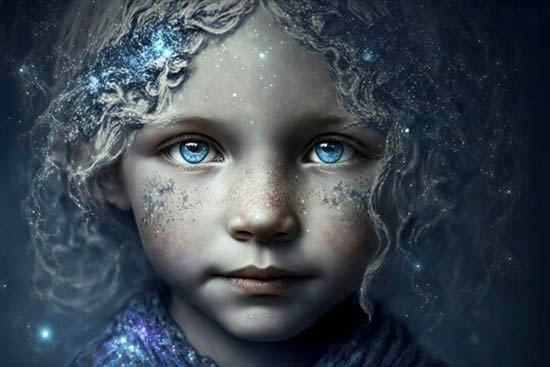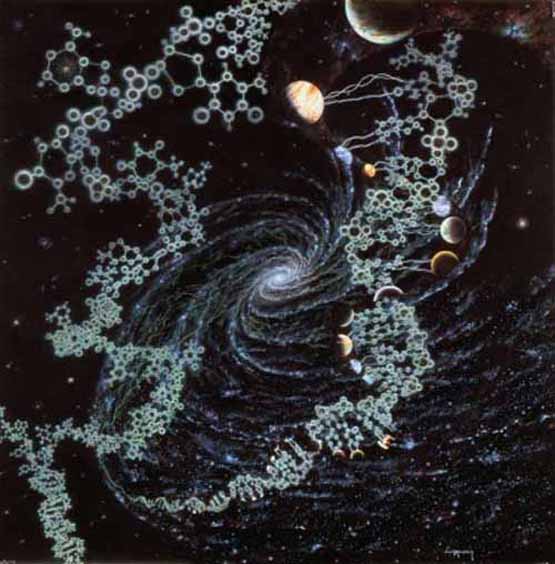



Through four decades of reading children and adults who were labeled Indigo Children by parents or those who did not understand - nor were not will ing to accept that these children were challenged - often autistic or on the spectrum - emotionally, intellectually or physically. Parents recognized that they were different and wanted to put a label on them to make them seem gifted.
Wandering into the world of healing, energy and metaphysics - parents found new age a pseudoscientific concept called Indigo Children who are believed to possess special, unusual, and sometimes supernatural traits or abilities.
No scientific studies give credibility to the existence of indigo children or their traits. Some parents choose to label their children who have been diagnosed with learning disabilities as an indigo child to alternatively diagnose them.
Critics view this as a way for parents to avoid considering pediatric treatment or a psychiatric diagnosis. Some lists of traits used to describe indigo children have also been criticized for being vague enough to be applied to most people, a form of the Forer effect a common psychological phenomenon whereby individuals give high accuracy ratings to descriptions of their personality that supposedly are tailored specifically to them, yet which are in fact vague and general enough to apply to a wide range of people.
The term "indigo children" originated with parapsychologist and self-described synesthete and psychic Nancy Ann Tappe, who developed the concept in the 1970s. Tappe stated that during the late 1960s and early 1970s she began noticing that many children were being born with indigo auras (or, in her terminology, with indigo as their "life color"). The idea was later popularized by the 1998 book The Indigo Children: The New Kids Have Arrived, written by husband and wife self-help lecturers Lee Carroll and Jan Tober.
In 2002, the first international conference on indigo children was held in Hawaii, drawing 600 attendees, and there have been subsequent conferences in Florida, Oregon, and elsewhere. Several films have been produced on the subject, including two films by New Age writer James Twyman: a 2003 feature film Indigo and a 2006 documentary The Indigo Evolution.
Sarah W. Whedon suggests in a 2009 article in Nova Religio that the social construction of indigo children is a response to an "apparent crisis of American childhood" in the form of increased youth violence and diagnoses of attention deficit hyperactivity disorder. Parents label their children as "indigo" to provide an alternative explanation for their children's improper behavior, which is stemming from ADD or similar disorders.
2024 - To label a child in order to make them feel special means they have to live up to your expectations when they really suffer from challenges that must be addressed from a clinical and psychological perspective. Understanding today about the human psyche allows us to realize that human behavior is based on DNA Codes therefore the child inherited the behavior from one side of the family or another. Bottom line - people are broken as struggling to find their place in society and bring meaning to what's going on around them.

The list below allows challenged children and adults to feel special just as the old Starseed Quiz created by Brad Steiger years ago - when those who sought special purpose found themselves scoring high on his test leading them to believe that they had extraterrestrial genetics. As with Indigo Children, it was just a way to feel special when one had challenges and cannot connect with mainstream reality. Steiger's test was fun but inconclusive. Extraterrestrials today are often associated with the human experiment which is coming to an end. Extraterrestrials are artificial intelligence, which is now part of our daily lives in 2024.
Are empathic, curious, and strong-willed
Are often perceived by friends and family as being strange
Possess a clear sense of self-definition and purpose
Show a strong innate subconscious spirituality from early childhood
Have a strong feeling of entitlement, or deserving to be here
High intelligence quotient
Inherent intuitive ability
Resistance to rigid, control-based paradigms of authority